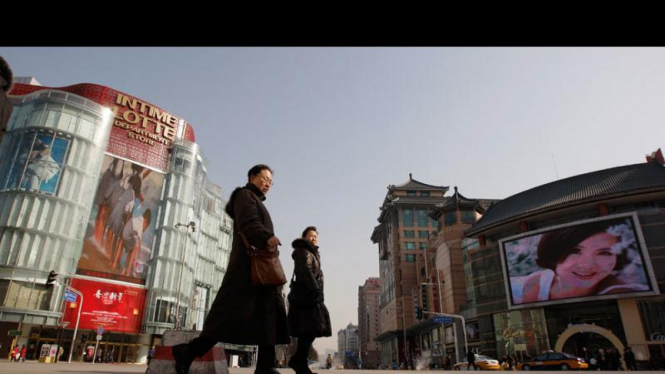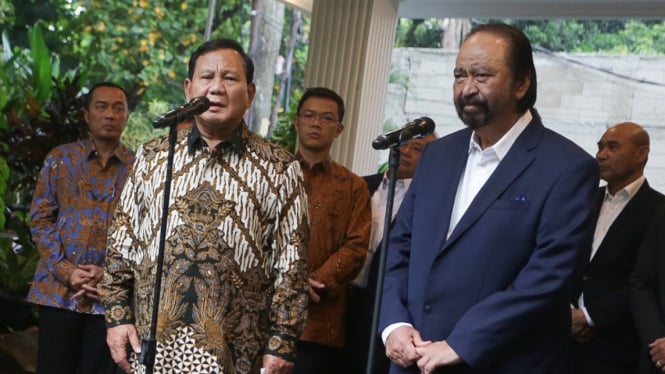- AP Photo/Vincent Thian
Investors disillusioned by the implosion of Wall Street titans, economic anemia in Japan, and a debt debacle in Europe have found abundant opportunities to grow wealth in industrializing economies like China and India.
But now, as angry populations roil one Middle Eastern regime after the next, and discontent over escalating food prices and lagging living standards is heard elsewhere in the developing world, investors are moving staggering piles of cash out of emerging markets - and back into what they hope are the relatively stable havens of the U.S., Europe and Japan.
That represents a major shift in sentiment since the financial crisis in 2008 upended conventional wisdom as to what is risky and what is safe as the U.S. model of freewheeling capitalism teetered on the brink of collapse.
Strenuous efforts by Europe to contain its debts, the ability of Japan's crucial export sector to weather a strengthening yen and strong corporate earnings in the U.S. have played a big part in convincing investors that the outlook is pretty promising for advanced economies in 2011.
According to fund tracker EPFR Global, fund managers and other investors yanked $5.45 billion from emerging markets funds in China, India, Brazil and elsewhere in the second week of February and placed it in equity funds of advanced economies - their biggest weekly inflow in more than 30 months.
Developed market funds recorded their seventh straight week of inflows in mid-February - with European equity fund flows hitting 41-week highs. So far this year, investors have committed $47 billion to U.S., European, Japanese and global equity funds - $29 billion of it into the U.S alone.
Meanwhile, investors have pulled out over 20 percent of the $95 billion they parked in emerging markets during 2010 since mid-January, EPFR said. Since the beginning of the year, outflows totaled $1 billion from mainland Chinese equity markets alone.
"Investors are, for the first time since 2007, seeing more opportunity in developed market equities than in emerging markets," said EPFR managing director Brad Durham. "The underperformance of developed markets last year, which has made valuations more appealing, and expectations of a return to faster paced growth in the US, Europe and Japan are the main drivers of this shift."
The shift from emerging markets and into developed ones has been keenly felt in some key stock markets since the beginning of the year. The Dow Jones industrial average is up 4.1 percent, Japan's Nikkei 225 is up 5.1 percent, and Germany's DAX rose about 4.5 percent. France's CAC-40 is up a whopping 6.9 percent, while Britain's FTSE 100, a relative laggard, was up slightly under 1 percent.
Meanwhile, India's Sensex has slid 10 percent, and Brazil's Bovespa is down 4.4 percent. Indonesia's SE Composite Index has dropped 5.1 percent. Vietnam's Ho Chi Minh index is down 3.8 percent - wiping out some small investors hoping to strike it rich.
Nguyen Van Ve, 55, a small car parts trader in Vietnam saw nearly 50 percent of his total stock investment of $100,000 evaporate since late last year.
"The movement of foreign funds combined with high inflation and the government's unpredictable policies are not good for the stock market," he said with his eyes glued to the screen at a stock trading floor in central Hanoi.
He said he is pessimistic about the future of Vietnam's stock market and may quit it for good.
"I'm waiting for the market to pick up a little bit to sell all my stocks, and I will invest in other areas," he said.
In mainland China, however, the Shanghai Composite index has risen 4 percent since the start of the year - buoyed by a wall of liquidity that was engineered by Beijing to ward off the global recession and which it is now struggling to contain.
Many Chinese are too busy with their own moneymaking to worry much about the apparently limited potential impact from foreign money pulling out of the market. China's currency, the yuan, isn't freely convertible on international markets, which makes it harder for foreigners to invest in China's markets - or take money out.
"That's for the government and regulators to take care of, not the ordinary investors. The stock market is a form of entertainment for me," said Yang Guanghua, a 40-year-old factory owner in Wenzhou, a port city that is China's freewheeling bastion of private enterprise.
The broader shift in investment sentiment coincides with the political upheaval in the Arab world that has toppled the authoritarian governments in Tunisia and Egypt and has brought Libya to the brink of what some fear will be a full-blown civil war. Governments in Bahrain, Jordan, Yemen, Algeria and Oman have also been rocked by demonstrations.
Cameron Brandt, EPFR's global markets analyst, said the geopolitical situation in the Middle East was a factor but not the catalyst for the rotation of assets from emerging to developed markets.
"This was happening strongly enough for it to be a trend before the Middle East blew up," Brandt said. "But it's fair to say investors have been reminded" of the risks of emerging markets by events in Tunisia, Egypt and Libya.
Others downplay the significance, pointing to the larger trend of Asia being a magnet for money over the past few years.
"There have been huge inflows into Asia and emerging markets over the last couple of years," said Peter Elston, strategist at Aberdeen Asset Management in Singapore, which manages about $287 billion globally.
"It's a combination of the reminder that Egypt has provided, plus some improving sentiment toward developed markets that has resulted in some outflows," he said. "Actually, the fundamentals for Asia remain pretty sound."
--
By Pamela Sampson
AP Business Writer
















